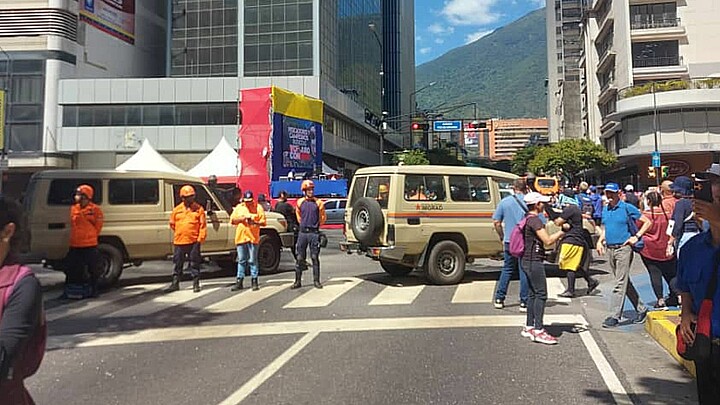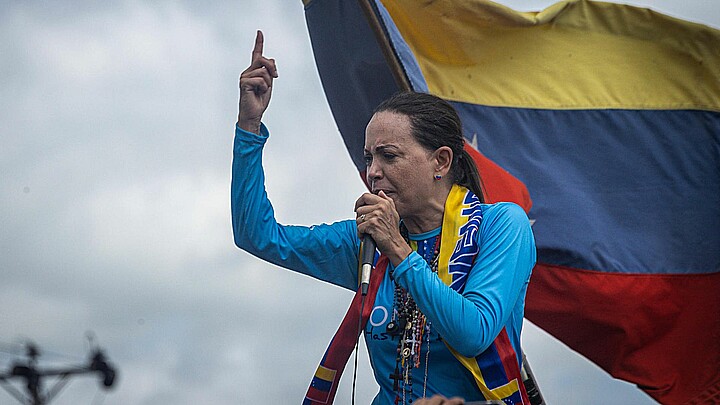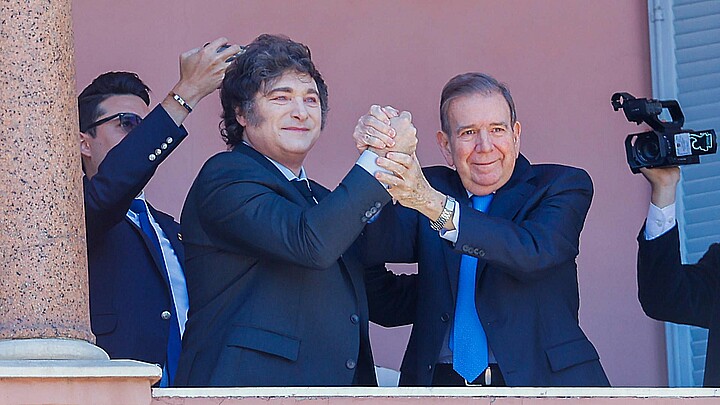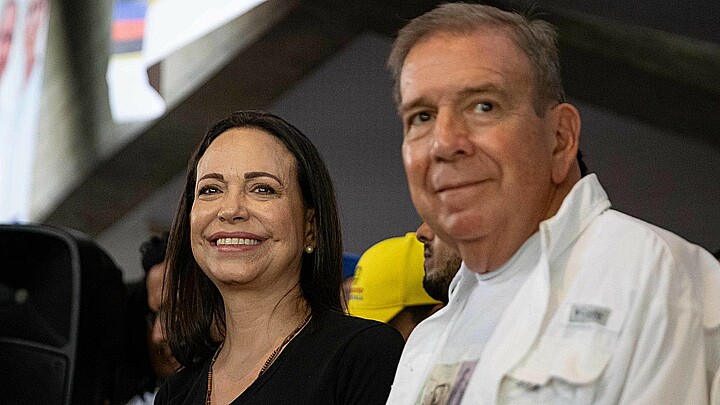Politics
Former Reagan official Elliott Abrams: Amnesty for Maduro if he accepts electoral defeat
In an opinion piece published by the Council on Foreign Relations, the former Undersecretary of State for Western Hemisphere Affairs admitted amnesty would be unfair to regime victims, but could be the only way to effectuate a transition
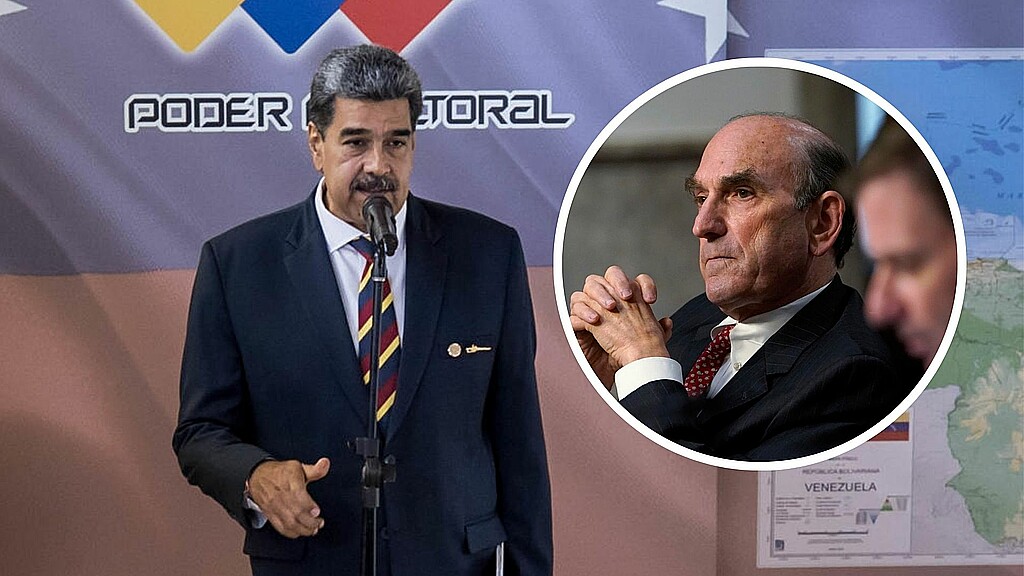
July 22, 2024 9:49am
Updated: July 23, 2024 8:57am
Former Undersecretary of State for Western Hemisphere Affairs Elliot Abrams suggested on Friday that the United States offer an amnesty to Venezuelan dictator Nicolás Maduro so he can more readily accept defeat against opposition candidate Edmundo González on July 28.
In an opinion article published on the website for the Council on Foreign Relations, Abrams specified that an amnesty proposal for Maduro could help a political transition process in Venezuela, comparing it to the attempted negotiation that the United States had with the Panamanian dictator Manuel Noriega in the late 1980s.
“In 1988, the United States entered into negotiations with the then dictator of Panama, Manuel Noriega. Noriega had been accused in Miami of drug trafficking and we wanted him out of office and out of Panama,” recalled Abrams, who at that time was Undersecretary of State for Latin America in the Reagan administration.
“To get Noriega out, and return Panama to democracy, we offered him a deal: we would quash the indictment if he would go,” he added. However, Noriega refused to accept the deal and he was eventually deposed in 1990, tried and sentenced to 40 years in prison.
Abrams emphasized that the odds are against Maduro in the upcoming Sunday July 28 presidential elections, and that, “if there is any possibility that Maduro allows and then accepts the result of free elections, it would be like part of a negotiation that grants him some type of amnesty.”
In his article, the official confessed that this possibility could be unfair to the victims of the regime, but it would be the only method for a transition, explained “ but it is also a necessary ingredient to ending dictatorship and transitioning to democracy in many cases,” he asserted.
Despite all this, Abrams indicated that Maduro might not accept the deal and would run the risks of remaining in power.
“Is it a long shot? Maduro will probably prefer to take his chances in power than rely on promises of future treatment when he is out of power. But it is worth trying, and that means that the proposal should be presented to Maduro right now by the United States,” Abrams argued.
“Let’s hope this is in fact what the U.S. government is doing. Passivity in these critical days before the Venezuelan election would be a great mistake. Should Maduro steal the election and crush all hope for change in Venezuela, it’s entirely foreseeable that the 8 million Venezuelans who have already fled their country will be joined by millions more. And equally foreseeable that more years of Maduro will mean more years of poverty and repression for all Venezuelans.”


